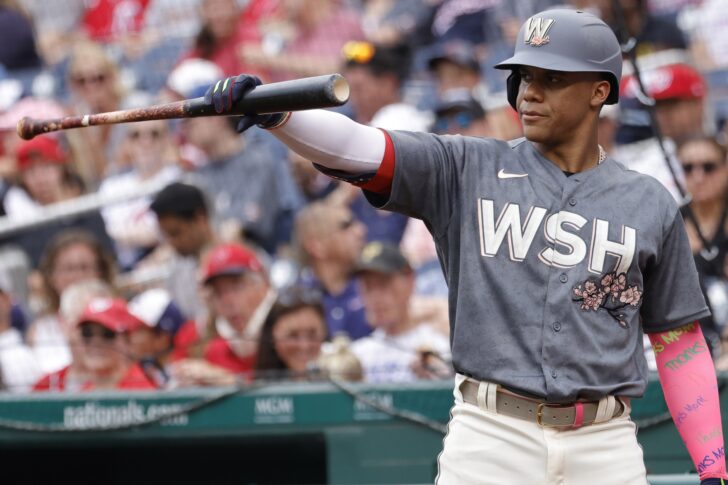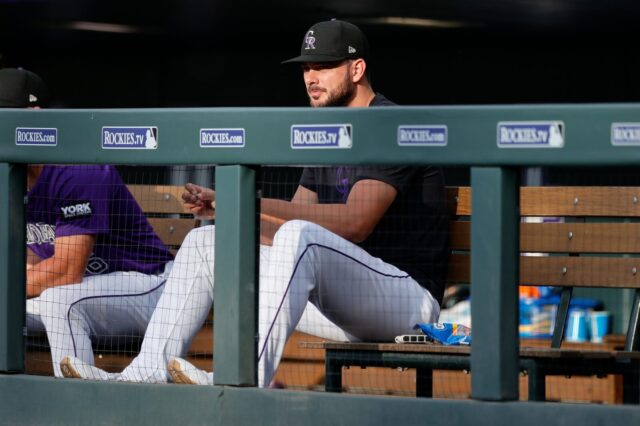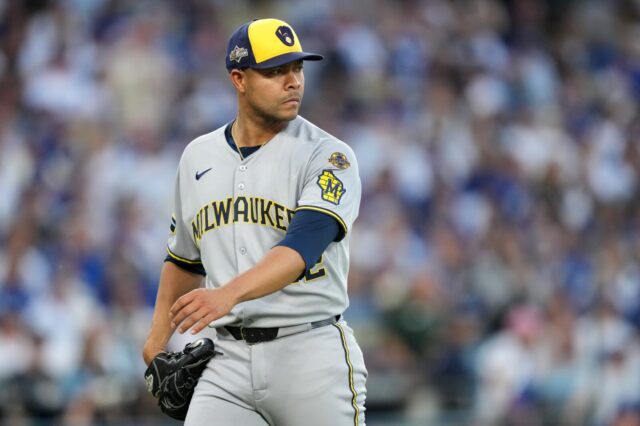Major League Baseball has a serious problem.
Well, they have several. Some issues were given a head fake toward a solution with the newest CBA and the players held out for some important gains, but not nearly enough progress was made toward parity and Saturday’s league-shaking news only highlights how bad it has gotten.
MLB has always been a place of extreme wealth disparity and it has always been the case that the institutionalized teams have an enormous advantage.
The six teams with the best winning percentage over the 150-year history of the sport are the exact same ones who have been fixtures in the postseason over the last years and decades. The Yankees, Giants, Dodgers, Cardinals, Red Sox, and Cubs tend to be the eventual landing spots for a vast majority of the players who can truly claim to be superstars.
And if you are wondering where the next biggest baddest star on the planet will go, now that it is being reported that Juan Soto wants out of Washington, it would be a wise bet to pick one of those six teams over the rest of the field.
That’s not to say there aren’t exceptions to the rule. San Diego has recently tried to get in on that action and we’ve seen the modern version of Houston make blockbuster additions.
Still, if $440 million isn’t enough to keep him on a team that won a World Series not that long ago, any team acquiring him has to either have a plan on how to better that offer or be content to unload most of their farm system for two and a half years of one ballplayer, great as he is.
In other words, there is a very small segment of MLB teams for whom it even makes sense to pursue Soto. Most likely, a rich team will get richer, and a poor team will get poorer. Prospect packages are exciting but are rarely the franchise-changers they’re made out to be.
Just ask the Kansas City Royals, another team that won the big one not that long ago but has quickly reverted back to the perennial last place team they had been for the two decades prior. Unless you are a fan of one of a handful of clubs, that is the best you can hope for.
What about the Ray’s and the A’s?
Putting aside that neither has managed to Moneyball their way to a championship, one needn’t look much further than the state of those fanbases to see the toll that such an operation can take on morale. Plus the A’s are now paying for several years of first-round flameouts by being an embarrassing 30 games under .500.
Being a baseball fan has always been torture. But this is getting ridiculous.
With no salary cap and no salary floor, teams like the Yankees and Dodgers are free to take billion-dollar TV deals and splurge endlessly on talent both on the field and in the office while out in Oakland they can spend less on their roster than the average mortgage across the bay.
What’s so troubling about the Soto deal is that it makes sense from everyone’s perspective. It’s the only way to play the game with the current set of rules. And what does that say about the rules?
He’s an extraordinary talent and it would be a shame to see him toil away on a bad team much the way Mike Trout has throughout his career. And the Nationals could get quite the haul for him which is the only thing that you can do once a guy makes it clear he isn’t staying for the long term.
But at some point, the baseball world has to collectively stop and ask ourselves if this is good for competitive balance and the long-term health of the game.
Most of the people reading this are Rockies fans. They’ve felt helpless about their team for most of its existence. And they’re not alone. The apathy about baseball is growing here and in Cincinnati and Seattle and Miami and roughly half the cities that house MLB clubs.
If the only ways to compete are to have a lot of money or game the system, changes must be made. This is unsustainable and fans, especially young fans, take these kinds of losses very personally.
Why should these fanbases invest in their team, if they are all to act as a kind of farm system for the historically enfranchised?
Baseball, particularly in the form of MLB, is not immune to becoming an afterthought in the American consciousness if it continues to feel like an exclusive club for the rich and well connected.



